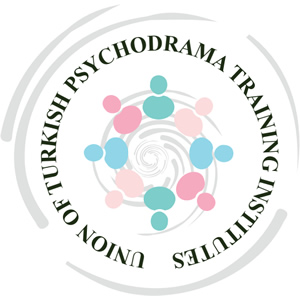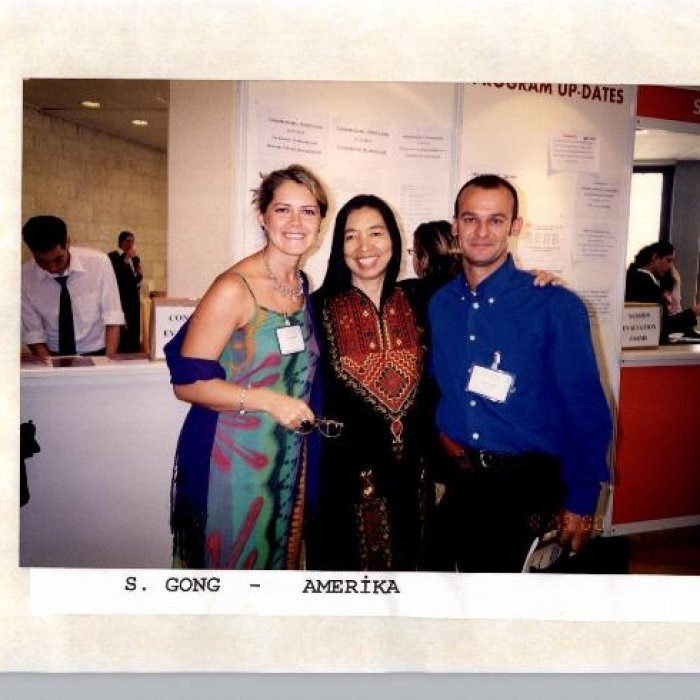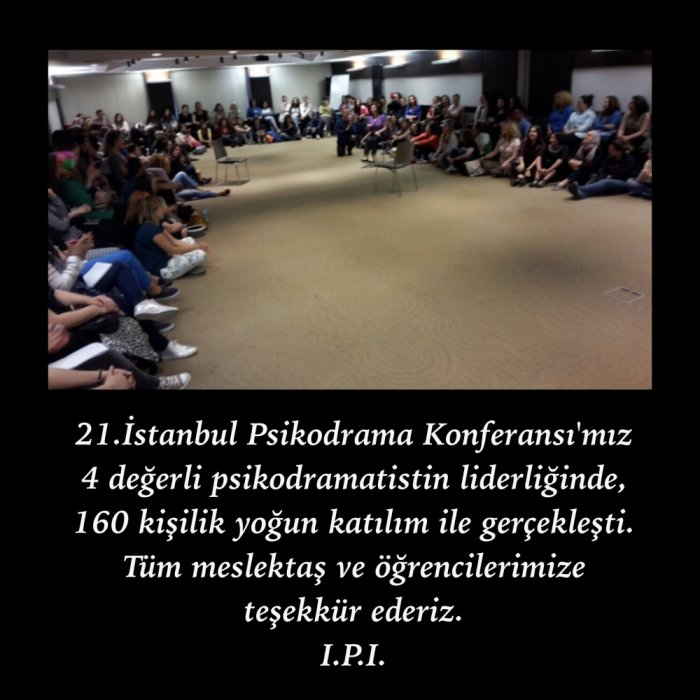Code of Ethics of Istanbul Psychodrama Institute (IPI)
Code of Ethics of Istanbul Psychodrama Institute (IPI)
The Istanbul Psychodrama Institute is a comprehensive training institution providing Psychodrama Group Psychotherapy education throughout Turkey. This document delineates the ethical codes applicable to students, trainers, and other stakeholders.
General Rules
- IPI members must always comply with the Code of Ethics and all general professional ethics rules in their professional work within the field of group therapy and psychodrama.
- While working in the field of psychodrama group psychotherapy, members should serve in accordance with both the qualification and professional standards set by IPI.
- IPI students and trainers should be aware of the ethical responsibilities associated with psychodrama group psychotherapy.
- All IPI members accept the qualification standards of IPI for psychodrama group psychotherapy.
- IPI members must not engage in any inhumane or discriminatory professional practice based on race, age, gender, sexual orientation, religious belief, nationality, ethnic identity, or physical and/or mental disability.
Definitions of Important Terms
- IPI Member: Current members who meet the necessary conditions according to the institute's regulations.
- Psychodrama Group Psychotherapist: IPI members who have fulfilled the required conditions per IPI standards, meet the therapist definition, and have obtained a psychodrama therapist certificate.
- Psychodrama Trainers: IPI members who are trainers according to IPI standards, have been accepted onto the trainers' board after meeting necessary requirements, and are authorized to provide group therapy training.
- Supervisor of Psychodrama Groups and Theses: Psychodrama psychotherapists qualified to act as supervisors per IPI standards.
- Trainee: Members of groups formed for psychodrama group psychotherapy training in compliance with IPI standards.
Rules
I) Qualifications of Psychodrama Group Psychotherapists
1) IPI members should receive training in group therapy and supervision in accordance with IPI standards.
2) Psychodrama group psychotherapists should have sufficient knowledge of theories, methodologies, and techniques related to psychodrama group psychotherapy.
3) Psychodrama group psychotherapists should understand the diversity of social beliefs and attitudes prevalent in society that may affect clients/patients, as well as individual differences in value judgments.
4) Psychodrama group psychotherapists should know the limits of their qualifications and competencies and communicate these clearly and timely to clients/patients/trainees. They should be able to refer them to other professionals when appropriate.
5) Psychodrama group psychotherapists must not mislead clients/patients/trainees about their qualifications and should disclose their education, experience, abilities, and skills at the beginning of the group process.
6) IPI member psychodrama group psychotherapists should not collaborate with or refer clients/patients/trainees to unqualified or unethical individuals.
7) If clients/patients/trainees have emotional or physical issues that may cause harm, psychodrama group psychotherapists should promptly refer them to suitable professionals and provide appropriate support.
8) Psychodrama group psychotherapists and other members should maintain solidarity with colleagues within the framework of ethical principles and look out for their colleagues' interests.
II) Moral, Ethical, and Legal Standards
1) IPI member psychodrama group psychotherapists must recognize that personal needs may influence their professional decisions and therefore should have proper supervision regardless of experience.
2) Psychodrama group psychotherapists should avoid dual relationships that could harm clients/patients/trainees.
3) IPI member therapists must avoid actions that could harm the legal or social rights of clients/patients/trainees.
4) IPI members must report complaints or investigations related to their professional practices to the IPI Board of Discipline Committee within two months.
III) Client/Patient/Trainee Benefit
A) IPI member psychodrama group psychotherapists must keep all client/patient/trainee information confidential.
B) Confidential information may only be disclosed if:
- The client/patient/trainee gives written consent,
- There is clear danger to life or safety of the client/patient/trainee or others,
- There is a legal obligation.
C) If private information is to be used for education, research, or publication, written informed consent must be obtained in accordance with research ethics, in a private setting.
D) Confidential information may be shared with supervisors or consultants on a limited basis, ensuring those individuals also maintain confidentiality.
E) Educational protocols should be retained for at least five years.
F) Psychotherapists must ensure the security of records in case of death or health issues that prevent them from practicing.
G) The right to privacy of each group member must be protected with necessary precautions.
H) The privacy rights of child or adolescent clients/patients must be balanced appropriately with parents’ rights to information.
I) When clients/patients/trainees request information about interventions from other professionals, psychodrama group psychotherapists should provide relevant information.
J) Consultation and supervision should be sought regarding group therapy plans when necessary.
K) Psychodrama group psychotherapists must avoid harmful dual relationships with clients/patients/trainees or their close associates.
L) If clients/patients do not benefit from treatment, therapists should terminate services and recommend alternative professional help.
M) Clients/patients/trainees must be informed about confidentiality obligations and must not disclose inappropriate information about group processes or members to outsiders.
IV) Benefit of Trainees
1) IPI member trainers and educational groups must respect the rights and dignity of trainees, providing educational opportunities, academic freedom, and responsibility.
2) At the start of professional relationships, trainers must clearly state their qualifications, responsibilities, duties, and financial obligations to trainees.
3) Trainers must maintain high educational standards and use current information.
4) Trainers should keep systematic and meaningful records of training and supervision.
5) Trainers must keep trainees' personal and professional information strictly confidential.
6) Trainers should not enter into treatment relationships with their students.
7) Trainers must avoid any sexual relationships with students during the educational relationship.
V) Research Ethics
1) All research by IPI members must be legal and ethical, adhering to established international ethical declarations.
2) IPI members must protect the dignity, rights, and interests of research participants.
3) Research subjects must be informed of researchers' professional qualifications and responsibilities.
4) Participation in research must be voluntary and based on informed consent.










